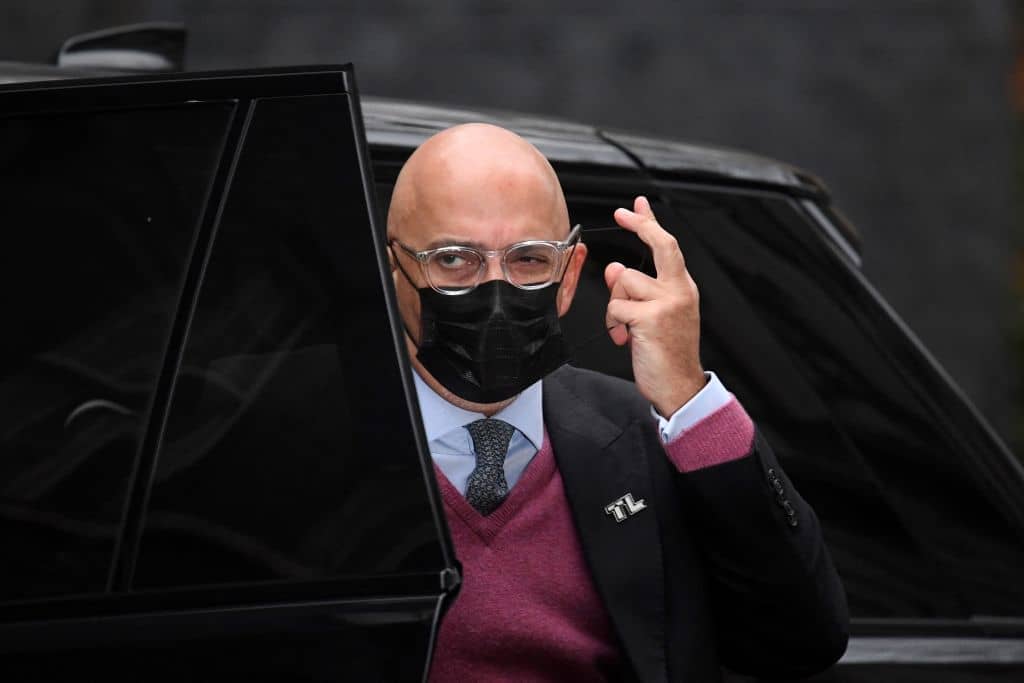Nadhim Zahawi’s recent reminder to schools to keep their teaching politically neutral seems like common sense. The Education Secretary pointed to existing laws to show that while uncritical promotion of BLM ideology or climate activism to children wasn’t acceptable, controversial matters could still be taught with proper balance. But there were still predictable howls of protest from the usual quarters.
Hope not Hate accused the government of obsessing about ‘culture wars’. Amnesty International complained of a sinister chilling effect on classroom speech on current affairs and children’s loss of ‘safe spaces’. The NEU, Britain’s largest teaching union, said issuing warnings about class discussion of climate change, racism, poverty and the legacy of empire could decrease students’ engagement. Not to be outdone, activist, broadcaster and one-time schools mental health adviser Natasha Devon lambasted the whole exercise as unfair to minorities. ‘I work with 14- to 18-year-olds and my experience is that young people are bringing ideas from social media, from activists that they admire, into the classroom,’ according to Devon.
Zahawi has an existential battle on his hands
It’s not hard to see the flaws in these complaints.

Get Britain's best politics newsletters
Register to get The Spectator's insight and opinion straight to your inbox. You can then read two free articles each week.
Already a subscriber? Log in






Comments
Join the debate for just £1 a month
Be part of the conversation with other Spectator readers by getting your first three months for £3.
UNLOCK ACCESS Just £1 a monthAlready a subscriber? Log in